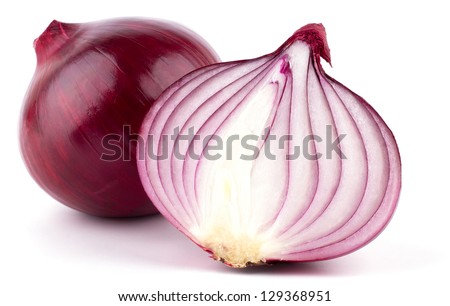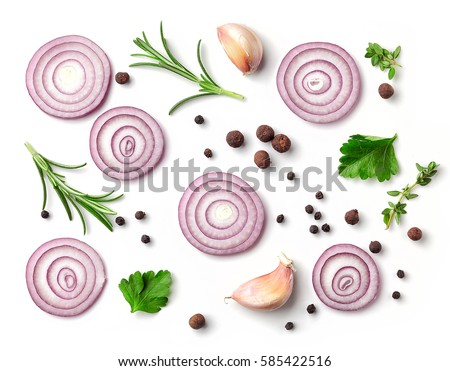Multiple studies report that several different types of cancer cells are diminished when scientists place the cells with onions extracts. One study at Cornell University noted that color and variety have a lot to do with the types of cancer they're most effective against. Shallots, Western Yellow, pungent yellow and Northern Red onions have more anticancer chemicals than other varieties tested. The study explained:
"Phenolics and flavonoids are types of phytochemicals — antioxidant chemicals that protect plants against bacteria, viruses and fungi. Phenolics and flavonoids, like other antioxidants, help prevent cancer by mopping up cell-damaging free radicals and inhibiting the production of reactive substances that could damage normal cells."
Lead study author Dr. Rui Hai Liu noted that shallots and the yellow onion varieties are effective against liver cancer cells, and the two yellows are best against colon cancer cells. In fact, Western Yellow onions had 11 times the number of flavonoids compared with the onion with the least, the Western White variety.
A 2016 study also associated allium vegetable consumption with decreased risk of cancer, particularly cancers of the gastrointestinal tract, as well as "decreased bioactivation of carcinogens, antimicrobial activities, and redox modification," meaning a reduced oxidation rate. Onions and other allium vegetables are observed to prevent or suppress several types of cancer, including: Kidney, Oral cavity, Breast, Endometrial, Ovarian, Lung, Gastric, Colorectal, Esophageal, Liver, Stomach and Prostate.
If you love onions, it's great to know you need go no further than your own backyard garden to get some of the most powerful, cancer-killing foods on Earth. It should be noted from the same study that:
"Altering dietary habits may be a practical and cost-effective means of reducing cancer risk and modifying tumor behavior. Approximately 30 to 40 percent of cancers are preventable by appropriate food and nutrition, physical activity, and maintenance of healthy body weight.
This means choosing foods that help to maintain a healthy body weight, reducing consumption of foods such as … processed meats that may increase cancer risk, and increasing consumption of foods that may decrease cancer risk."
Article Source: mercola.com
"Phenolics and flavonoids are types of phytochemicals — antioxidant chemicals that protect plants against bacteria, viruses and fungi. Phenolics and flavonoids, like other antioxidants, help prevent cancer by mopping up cell-damaging free radicals and inhibiting the production of reactive substances that could damage normal cells."
Lead study author Dr. Rui Hai Liu noted that shallots and the yellow onion varieties are effective against liver cancer cells, and the two yellows are best against colon cancer cells. In fact, Western Yellow onions had 11 times the number of flavonoids compared with the onion with the least, the Western White variety.
A 2016 study also associated allium vegetable consumption with decreased risk of cancer, particularly cancers of the gastrointestinal tract, as well as "decreased bioactivation of carcinogens, antimicrobial activities, and redox modification," meaning a reduced oxidation rate. Onions and other allium vegetables are observed to prevent or suppress several types of cancer, including: Kidney, Oral cavity, Breast, Endometrial, Ovarian, Lung, Gastric, Colorectal, Esophageal, Liver, Stomach and Prostate.
If you love onions, it's great to know you need go no further than your own backyard garden to get some of the most powerful, cancer-killing foods on Earth. It should be noted from the same study that:
"Altering dietary habits may be a practical and cost-effective means of reducing cancer risk and modifying tumor behavior. Approximately 30 to 40 percent of cancers are preventable by appropriate food and nutrition, physical activity, and maintenance of healthy body weight.
This means choosing foods that help to maintain a healthy body weight, reducing consumption of foods such as … processed meats that may increase cancer risk, and increasing consumption of foods that may decrease cancer risk."
Article Source: mercola.com



